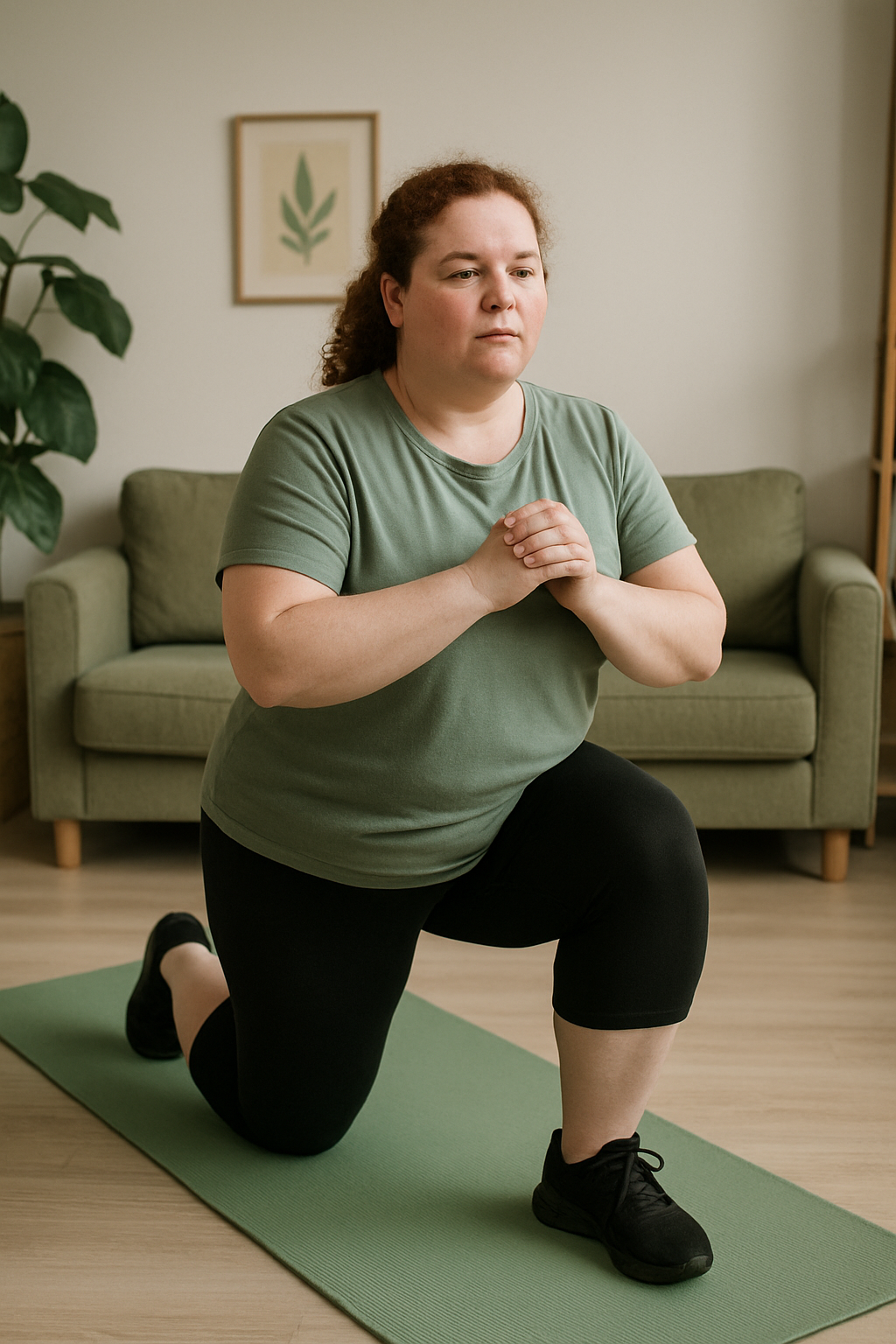Written by Gina Vitale

You may have noticed the phrase “functional exercise” in a social media post or read
about it in an article and wondered if it is hype or a real-life beneficial form of training.
Spoiler alert: It is real, and it is beneficial! Functional exercise trains your body to
perform functional activities with better efficiency.
Where Did Functional Exercise Come From?
Functional exercise is not a new concept; in fact, it has been utilized in rehabilitation
settings, such as physical and occupational therapy, for decades. Physical therapists
evaluate strength, endurance, and mobility deficits, then prescribe exercises based on
what patients need to resume their usual lifestyle. A functional approach to recovery
helps streamline the patient’s return to everyday life/real-world activities.
Athletic trainers use functional training for injury prevention and post-injury/return to
sport rehabilitation. Consider how athletes train for their sport. Their training programs
are organized to promote optimal performance of their sport. For example, a basketball
player must train their body for agility, strength, and endurance to run and jump in all
directions. A standard weight training program and running solely on a treadmill will not
cut it for an athlete who wants a competitive edge.
Basketball players, and all athletes, engage in sport-specific training programs. Sport-
specific training is a form of functional training, i.e., training your body for specific
activities. Functional training is not just for elite athletes; it helps regular people (like
most of us) improve their tolerance and performance of daily life tasks.
Think about what activities you do during a typical day. What’s required of your body?
You ascend and descend stairs, maybe lift and carry grocery bags, laundry baskets, or
your toddler. These everyday tasks are functional activities, and the best way to train for
everyday life is with functional exercises.
What Counts As Functional Exercise?
A functional exercise combines multiple muscle groups and movement planes. Imagine
performing a squat (multi-muscle/multi-planar) versus a seated knee extension (single
plane and quadriceps focused); the squat is functional, and while the knee extension is
strengthening, it doesn’t move in a real-world motion. This is why single-plane exercises
such as seated knee extensions are not considered functional.
To be clear, there’s nothing wrong with doing a seated knee extension as part of a leg
strengthening program, but it’s not training you specifically for everyday life activities.
Listed below are some examples of functional exercises that strengthen your muscles
and move your body through different planes of movement, mimicking daily life tasks:
Squats.
Lunges.
Push-ups.
Resistance band rotational “chops”.
Rows.
Deadlifts.
Overhead presses.
Why Everyone Should Try Functional Training
Reflect for a minute on how you move at home or work. Rarely do you only move one
body part in only one direction. Getting in and out of the car, pushing your mom in her
wheelchair, or pulling wet clothes out of the washing machine and tossing them in the
dryer. These activities all require multiple muscles to perform them and for you to be
able to move in different directions.
Functional exercise training helps you perform and tolerate daily life activities better.
Moving more efficiently throughout the day conserves energy and reduces impact on
your joints. Over the long term, these types of exercises provide more effective and
valuable strengthening and mobility training than single-plane exercises like bicep curls
or hamstring curls.
The Takeaway
Functional exercises are for every person. They should be part of any workout program
for optimal real-world benefits. Training your body for everyday life helps you to
physically tolerate almost anything your day throws at you. Wouldn’t it feel great to
accomplish all your regular tasks without struggling or feeling exhausted by the end of
your day? Find a specialist who understands the value of training for improved daily life
function, and you won’t regret it.
